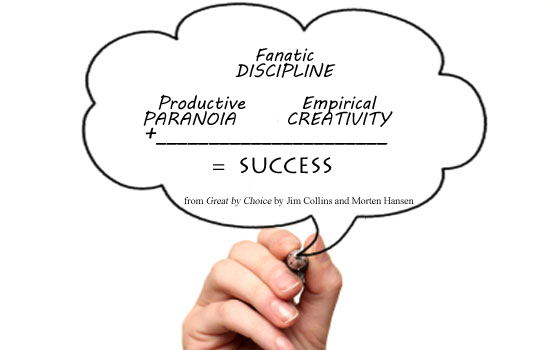 We make assumptions daily, mostly about other people. These assumptions enable us to take shortcuts and keep us moving forward. Or so we think.
We make assumptions daily, mostly about other people. These assumptions enable us to take shortcuts and keep us moving forward. Or so we think.
- We assume a person attended or didn’t attend an event because…
- We assume a person responded to us a certain way, because…
- We assume a person took an action or didn’t take an action because…
What if instead of assuming, we, as CEO’s and leaders, paused and asked “What is the reason you made this choice or took this action?”
As a leadership coach, I had a recent reminder of the importance of asking, when I assumed a new client made a choice because he was not engaged in our relationship. I decided to pause and ask the reason for the choice and I learned the choice had to do with his family and had nothing to do with our business relationship.
When I was a young driver, I learned this leadership lesson from a police officer who pulled me over for passing him on the right, when he and and another officer were stopped – blocking both sides of the road. He asked me why I passed him. My response was “I assumed you were going to be there for awhile and I wanted to get to my destination”. His reply, “When you assume, you make an ass-u-me”.
Yet another reason to pause, as we were reminded by Joshua Bell in my December 18, 2011, post ” Take a Pause and Avoid Missing Out-of-Context Opportunities”.



















 The initial results of my Pivot are excellent. I feel I have much greater clarity regarding the next 3-5 years..
The initial results of my Pivot are excellent. I feel I have much greater clarity regarding the next 3-5 years.. 